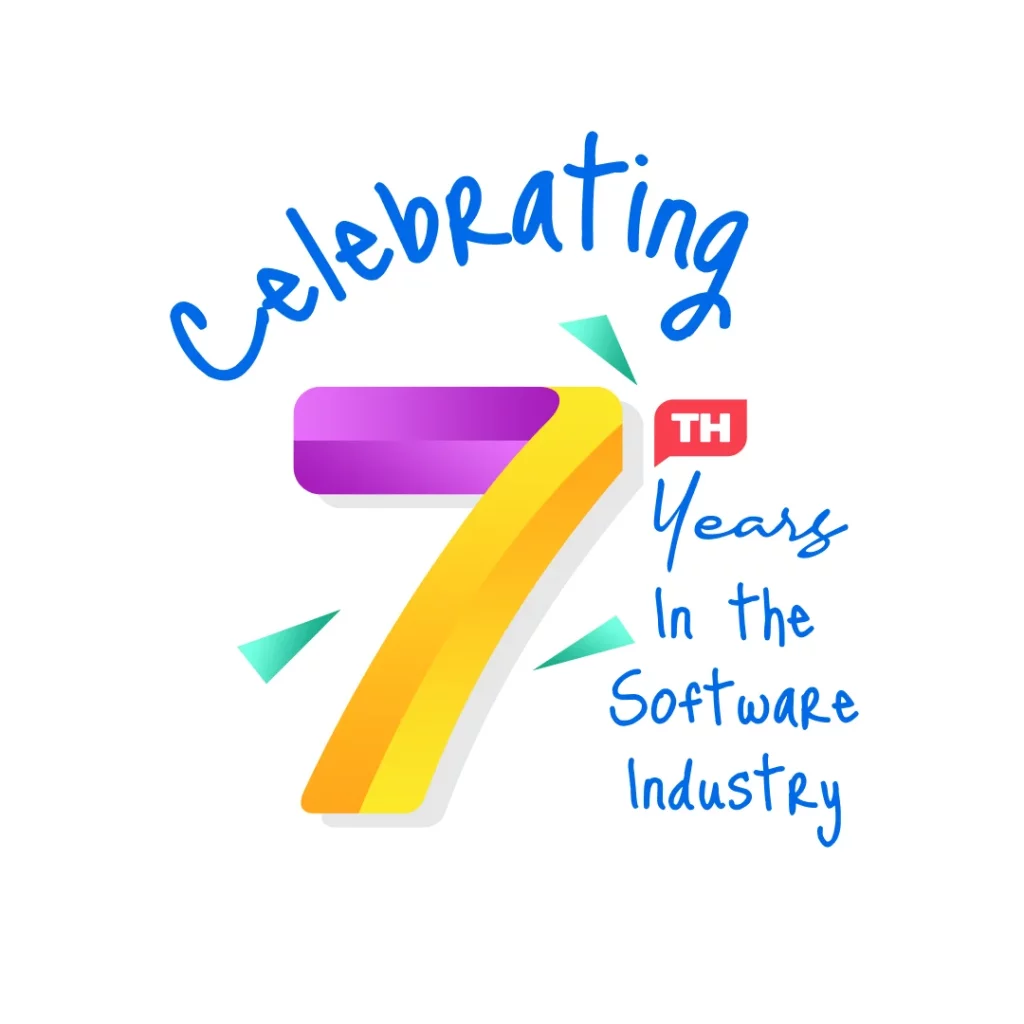The Key Benefits of blockchain in healthcare

In recent years, blockchain technology has evolved from the complex world of cryptocurrencies to a revolutionary tool with major uses across multiple industries. Before we proceed, would you like a brief explanation of what blockchain is? One of the most exciting fields where blockchain is expected to have a substantial influence is healthcare. The technology’s core properties of transparency, security, and immutability provide a framework for solving some of healthcare’s primary concerns, such as data security and prescription tracking.
In this detailed article, we will look at the key benefits of blockchain in healthcare and how it may transform the industry into a more efficient, secure, and patient-focused ecosystem.
Major 6 Benefits of blockchain in healthcare industry
1. Better data security and privacy:
Healthcare data breaches have become an issue, sacrificing patient privacy and reducing trust in healthcare institutions. Blockchain’s decentralized and encrypted nature may significantly enhance data security. It enables secure storage by encrypting patient records and restricting access to authorized individuals with the necessary cryptographic keys.
The major benefits of blockchain in healthcare involve improved data security and streamlined interoperability. By providing accurate, transparent health records, it reduces administrative errors and enhances patient care. Each transaction or data entry is stored in a block and linked to the previous block, resulting in a chain that is nearly impossible to change retrospectively. This ensures that patient data cannot be changed, protecting sensitive information and keeping to data privacy standards.
2. Strong Medical Supply Chain Management:
Fraud drug products harm patient safety and cause huge financial losses for the pharmaceutical sector. Blockchain’s traceability capabilities can be used to build a secure, transparent supply chain. Each entity participating in the drug manufacturing and distribution process can record transactions on the blockchain, resulting in an immutable trail that tracks pharmaceuticals from the maker to the final user.
This level of visibility can aid in identifying and removing fake medications from the supply chain, ensuring that only genuine medicines reach patients. Furthermore, it improves inventory management by delivering real-time information about the location and status of pharmaceuticals at different stages.
3. Streamlined billing and claims management:
Billing fraud and errors are serious issues in healthcare, causing conflicts and financial losses. Blockchain can help to streamline the billing and claims management processes by offering a transparent, automated mechanism for transaction verification. Smart contracts, which are self-executing contracts with established criteria, can automate payments when specific circumstances are met, thereby decreasing the administrative burden on healthcare providers and insurance companies.
Patients can also benefit from obtaining accurate bills and being able to check costs against their treatment records. This not only improves trust but also shortens the time required to resolve issues.
4. Decentralised Identity and Consent Management:
Managing patient identity and permission is important in healthcare, especially when exchanging data for research or coordinating care across several providers. Blockchain facilitates the establishment of decentralized digital identities, giving patients more control over their personal information.
The useful benefits of blockchain in healthcare include seamless interoperability and decentralized identity and consent management. This technology provides accurate and transparent health records while reducing administrative errors and giving patients greater control over their health data. Smart contracts allow patients to grant or remove consent for specific uses of their health information, guaranteeing that only authorized entities have access to their data. This also eliminates the need for additional, repetitive consent forms, which streamlines the process.
5. Reduced Healthcare Costs:
Blockchain technology’s ability to streamline administrative operations and remove fraud has the potential to drastically decrease healthcare expenses. Automating operations such as billing verification and data transfer removes the need for intermediaries and decreases human error. Furthermore, by improving data security and lowering the risk of data breaches, hospitals and healthcare organizations can avoid costly penalties and fines for non-compliance.
Improved supply chain and clinical trial efficiency can also result in cost savings for pharmaceutical companies, cutting the overall cost of pharmaceuticals and treatments.
6. Improved patient engagement:
A patient-centered healthcare system is important to achieving better health outcomes. Blockchain’s ability to give patients control over their health data can lead to more patient participation. Patients with complete access to their medical records can make educated treatment decisions and safely share their data with doctors or researchers. The major benefits of blockchain in healthcare include enhanced data security and seamless interoperability. This technology ensures accurate and transparent health records while reducing administrative errors and improving patient outcomes.
Furthermore, using blockchain-based systems of incentives for encouraging patients to participate in wellness programs or clinical trials can help to promote proactive health management.
7. Faster Medical Data Recovery:
In an emergency, quick access to fixed medical data might be the difference between life and death. The decentralized nature of blockchain enables the fast retrieval of patient data, even if it is in a different city or country. This removes the typical delays associated with getting health records from several systems.
Paramedics and emergency room doctors can access important data such as allergies, blood type, and pre-existing diseases to deliver appropriate and prompt care.
Blockchain technology brings transformative advantages to healthcare by improving data security, interoperability, and transparency. The major benefits of blockchain in healthcare start with its decentralized, cryptographic nature, which allows patient data to be stored securely and accessed only by authorized individuals, providing strong safeguards against breaches. With its tamper-proof ledger, blockchain ensures that patient health records are accurate and immutable, offering a reliable source for healthcare providers and patients alike.
Furthermore, the key advantages of blockchain in healthcare include improving administrative operations and lowering expenses across all levels. Smart contracts, which are automatic agreements with established conditions, automate invoicing and claims processing, eliminating the need for intermediaries and decreasing errors. The technology also ensures that pharmaceutical supply chains are visible and traceable, preventing counterfeit drugs and ensuring the reliability of medicines.
In conclusion,
Blockchain technology can improve healthcare by improving security, transparency, and efficiency. It has the potential to transform how patient data is managed, lower the risk of fraud, and build a patient-centric system that empowers people to take responsibility for their health. However, maximizing the potential of blockchain in healthcare requires coordination among technology developers, healthcare providers, and regulatory agencies. Addressing issues like connectivity standards, regulatory compliance, and scalability will be critical to securing broad adoption.
Celestial Infosoft knows the amazing potential of blockchain and is committed to providing customized solutions that match the unique needs of healthcare businesses. We have a team of experts with more than 7 years of expertise in blockchain technology. Whether it’s expediting billing, safeguarding patient data, or enhancing medicine tracking, blockchain has the potential to transform healthcare for the better. Using this technology is not a choice but a requirement for those looking to provide greater patient care and keep an advantage in this fast-changing business.



